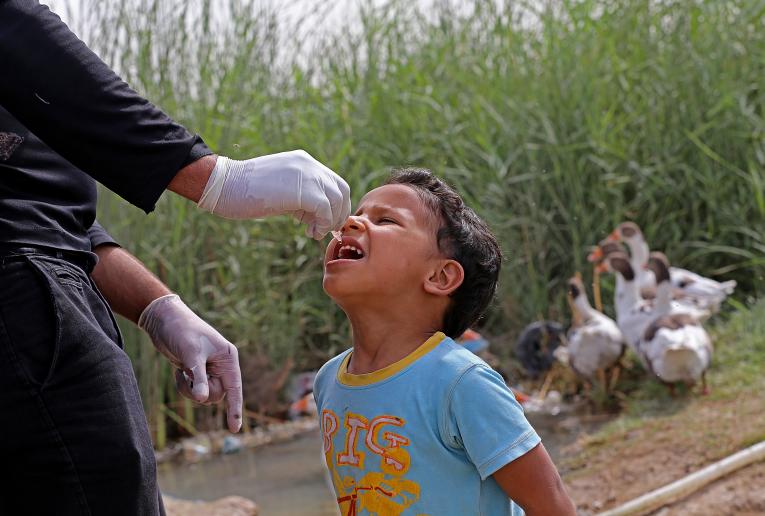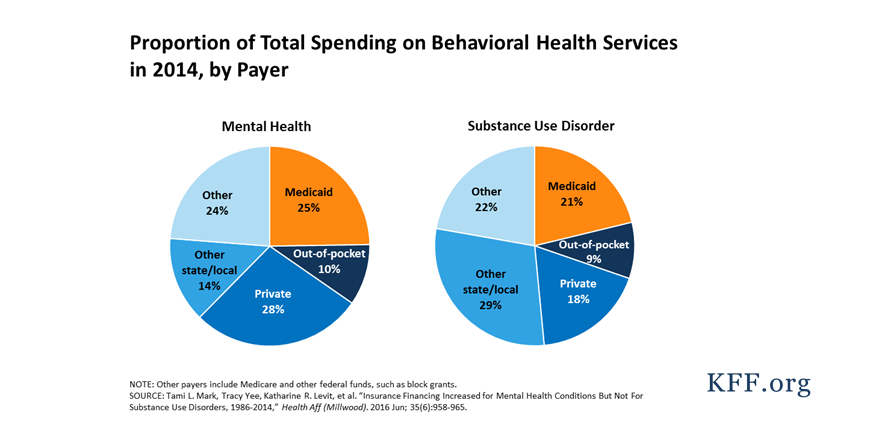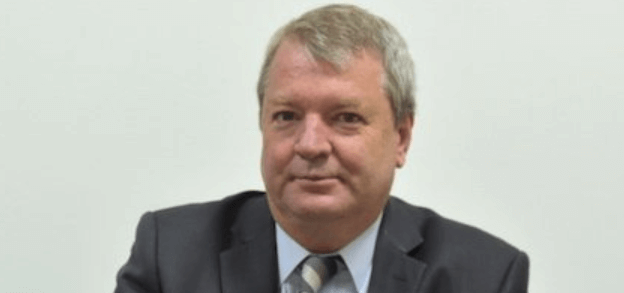The Government of Iraq, represented by the Ministry of Planning, and UNFPA launched the Fund’s third Country Programme Document (CPD) for 2020-2024, at the Ministry of Planning’s premises on 20 February 2020.
The CPD, which was developed in collaboration with the Government of Iraq, United Nations agencies, human rights institutions and civil society organizations, is in harmony with the country’s priorities as outlined in the Iraq Poverty Reduction Strategy, the Iraq National Development Plan (2018-2022) and the Iraq Vision 2030.
It also focuses on the four outcomes of the UNFPA Strategic Plan (2018-2021) and the United Nations Sustainable Development Cooperation Framework for Iraq (2020 -2024).
Through this CPD, UNFPA will work to strengthen national capacity for the provision of high-quality integrated sexual and reproductive health services, especially for the most vulnerable populations. The efforts will be directed towards increasing the national capacity for creating demand of reproductive health services, including the request for information to enable the population to make informed decisions related to their sexual and reproductive health.
The next five years, will ensure that young people have the skills and ammunition to exercise leadership and participate in sustaining peace as per UNSC resolution 2250 on Youth, Peace or Security. Furthermore, UNFPA with donors and partners will help improve the capacity of the government, human rights institutions, local civil society organizations and communities to prevent and respond to gender-based violence, including in humanitarian settings.
Moreover, the partnership with the government, academic, experts, and the civil society will aim at improving the national population data systems for better availability, analysis and creation of evidence-based programmes.
Speaking at the event, his Excellency Minister of Planning, Dr Nouri Al-Dulaimi said:
“Country programmes documents have contributed to preparing and building the capacities of Iraqis in many ways. The support received in providing integrated services and access to information, in empowering young people to exercise leadership and participation in development projects at the national and local levels, in reducing and addressing gender-based violence, and in providing technical support to improving data and data collection to draft people-centred policies and strategies in line with the goals of sustainable development 2030.
“We look forward today to continue our partnership with UNFPA within the framework of its new CPD for 2020-2024 which will be the stepping stone to enhance and strengthen population dynamics in Iraq.”
On his part, UNFPA Representative, Dr Oluremi Sogunro, said:
“This third country programme tells the story of the long history of cooperation between UNFPA and the Government and People of Iraq. We look forward to this new era of work where we will strive to strengthen national capacities, in particular of health systems and woman machineries, to address emerging development and humanitarian needs, and to ensure that no one is left behind.”
“Women and girls count; their rights are inherent to them, are owed to them; and if we invest in them, the world and all of the 17 sustainable development goals will advance forward rapidly as a result.”
The ceremony, which was attended by representatives of key ministries and government entities, Governors, partners and civil society members, was preceded by a signing of a memorandum of understanding between the Ministry of Planning and UNFPA for the disbursement of IQD 6 billion from the Government of Iraq to UNFPA support to the 2020 Population and Housing Census.
The event will be followed by a stakeholder meeting on 23-24 February where UNFPA will develop with donors and key partners the implementation framework of the country programme document to serve more efficiently the population of Iraq.
Click here to download the full document.
(Source: UN)





